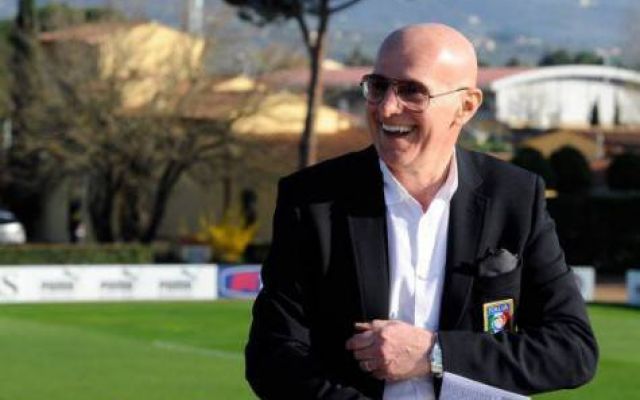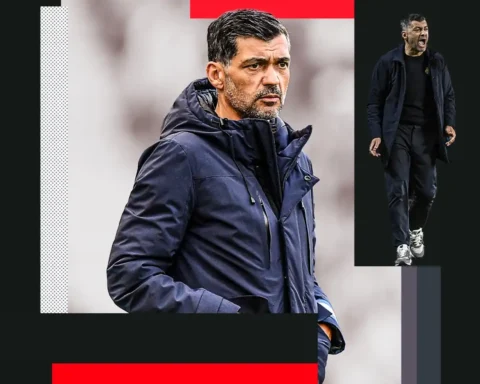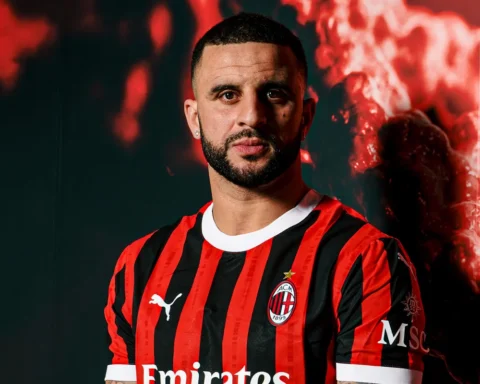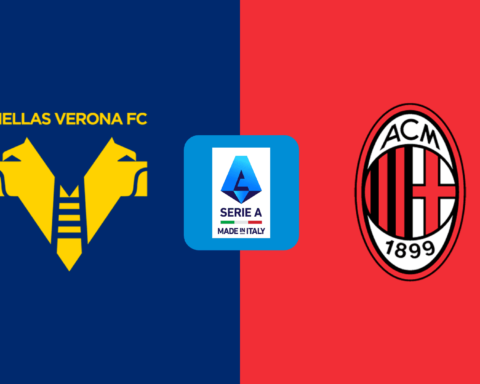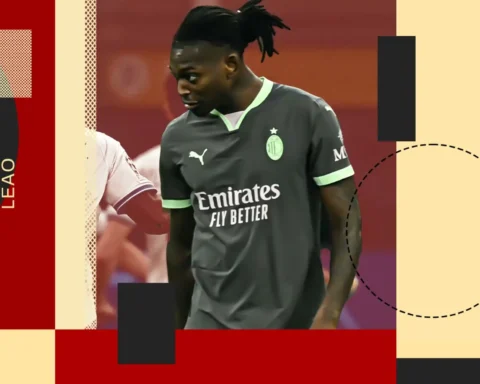Former Milan coach Arrigo Sacchi paid tribute to Silvio Berlusconi, saying the former Rossoneri owner had a love for ‘aesthetics and freedom’ in football. Writing for La Gazzetta dello Sport, Sacchi recounted his time with Milan where he worked under Berlusconi, where he won eight trophies in four years:
“Berlusconi had a contagious enthusiasm. At Milan, he was the ideal president, especially because he always guaranteed me maximum autonomy. Many qualities intrinsic to Silvio Berlusconi are missing in today’s football. When I talk about the president with my friends, I always say he had the impact of an avalanche in a small pond on the football world. Nothing was ever the same after him. He innovated, revolutionized, and had the strength and courage to change ways of thinking, as every action he took involved risk. He calculated, studied the pros and cons of an operation thoroughly, but once he made a decision, he dove in headfirst and wasn’t satisfied until he saw the project completed. He had an immense ability to convince others because he was the first to believe in what he advocated. His enthusiasm was infectious; I felt it during my years at Milan and afterward. He always repeated: win, convince, entertain. This is what modern football lacks—a long-term vision. The thinking doesn’t go beyond the current season; the plans are always short-term. Berlusconi, on the other hand, had a goal in mind, the most ambitious there was: to become world champions. He gave us the tools to achieve it and helped us in the endeavor. This is what an enlightened entrepreneur must do for his company and a president for his club.
Aesthetics and Beautiful Play
Besides “vision,” thinking about Berlusconi and the legacy he left in football, two other terms come to mind: aesthetics and freedom. Aesthetics because he loved beautiful football. He didn’t like winning without a show and, most importantly, without merit. This is what he meant when he reiterated to me and all the players that the goal was to win and convince. I’m not sure if today’s presidents care about beautiful play or if they only aim for results. It’s not a small difference because it signals a courageous mentality that doesn’t shy away from difficulties, which is then transmitted to the whole team and seen on the field. He imparted the taste for risk to us. He loved challenges. After Milan, he wanted to make Monza great; he even proposed that I become its coach…
Freedom
After aesthetics, it’s appropriate to talk about freedom: Berlusconi gave plenty of it to his collaborators. I was a direct witness. Just after signing with Milan, during my Serie A transfer market, I asked for Ancelotti. The president had received negative medical opinions about Carlo and didn’t want to buy him. I told him, “If you get him for me, I guarantee we’ll win the Scudetto.” He obliged, and I repaid him with the title. But he never tried to impose his decisions on me. He had bought Borghi, whom I didn’t like. He had me try him repeatedly, but when I said it wasn’t working and suggested buying Rijkaard instead of the Argentine, he didn’t put obstacles in my way. He trusted the people he had chosen and, while following them closely, allowed them to act freely. How many presidents nowadays behave like that with their coaches?
Sense of Protection
After a rather difficult start at Milan, he wanted to talk to me and asked if his intervention was necessary. I told him I would appreciate it. He summoned everyone to his office and in 27 seconds (timed, mind you) explained: “I have full confidence in Arrigo. Those who follow him will stay next year; those who don’t will leave. Good work.” From that moment on, the march towards the Scudetto began. I always felt protected by him and the club. I never felt the precariousness that often penalizes today’s coaches and perhaps doesn’t allow them to perform at their best: uncertainty generates doubts and drains energy. Berlusconi won five European Cups: two with me, one with Capello, and two with Ancelotti. He brought Italian football to prominence in Europe and the world. Before him, there had never been such a streak of successes. And it was modern football, far removed from the stereotypes of the past. This was his great revolution and what we miss today.

